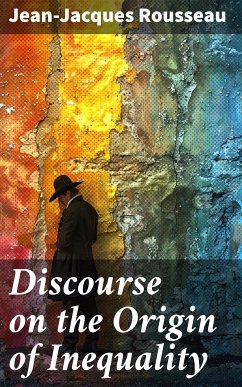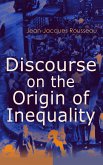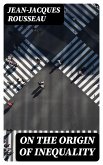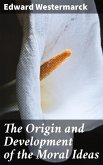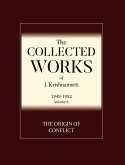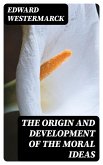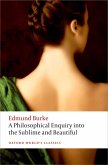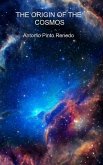In "Discourse on the Origin of Inequality," Jean-Jacques Rousseau presents a profound philosophical examination of the social constructs that give rise to inequality among men. Written in 1755, the work adopts a strikingly eloquent and often provocative style, blending historical analysis with a speculative account of human development. Rousseau delineates two forms of inequality: natural and moral, critiquing the ways in which societal structures distort human equality and freedoms. His inquiry situates itself within the broader intellectual currents of the Enlightenment, contrasting starkly with the prevailing notions of progress and civilization that justified social hierarchies. Jean-Jacques Rousseau, a pivotal figure in Enlightenment thought, drew from his own experiences of social alienation and his belief in the inherent goodness of man to write this influential text. His formative years in Geneva, coupled with his passion for music, education, and political philosophy, fueled a desire to question the status quo and grapple with the moral implications of contemporary society. These influences culminate in a work that challenges readers to reconsider the moral foundation of their political structures and societal norms. "Discourse on the Origin of Inequality" is essential reading for anyone interested in political philosophy, social justice, or the foundational principles of modern democratic thought. Rousseau's ability to articulate the paradoxes of human society invites deep reflection and critical engagement, making this discourse not only historically significant but also strikingly relevant in contemporary discussions about inequality.
Dieser Download kann aus rechtlichen Gründen nur mit Rechnungsadresse in A, B, BG, CY, CZ, D, DK, EW, E, FIN, F, GR, H, IRL, I, LT, L, LR, M, NL, PL, P, R, S, SLO, SK ausgeliefert werden.

